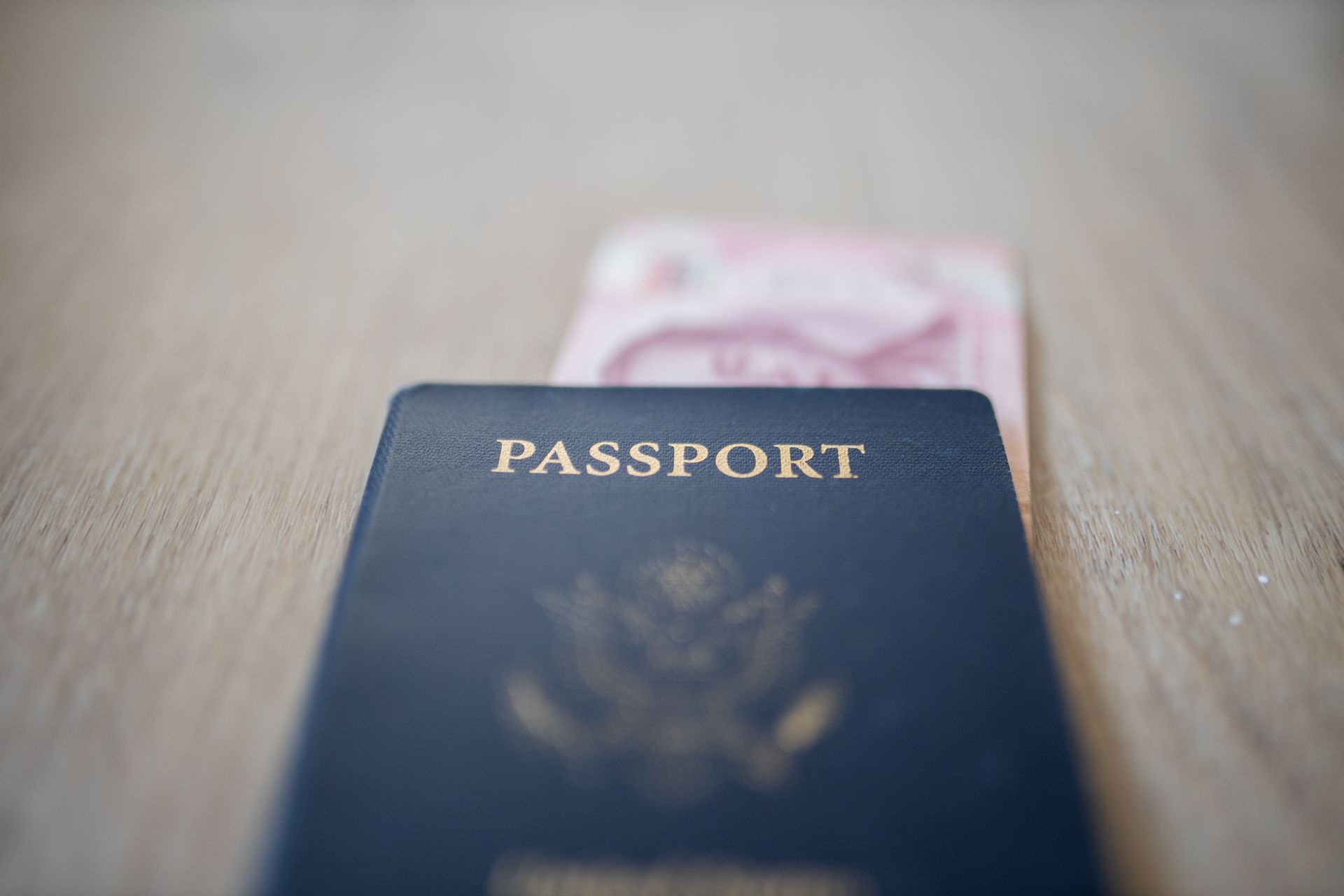Challenges Facing Conditional Permanent Residents Denied Petition to Remove Conditions
Challenges Facing Conditional Permanent Residents Denied Petition to Remove Conditions
Navigating Removal Proceedings and Reentry Barriers
For many immigrants who obtain conditional permanent residency in the United States through marriage to a U.S. citizen or a Lawful U.S. Permanent Resident, the next step toward securing permanent status involves filing a petition to remove the conditions on their residency (Form I-751). However, what happens when the petition is denied, and the individual is placed in removal proceedings? Even more concerning, what happens when these individuals—holding valid I-551 stamps or I-94 cards—are prevented from reentering the U.S. despite possessing these documents? In this article, we explore the unique and increasingly problematic situation that arises for certain conditional permanent residents, the policies surrounding this issue, and strategies for addressing it.
What is Conditional Permanent Residency?
Conditional permanent residency is typically granted to immigrants who are married to a U.S. citizen or permanent resident and have been married for less than two years. This status is intended to ensure that the marriage is bona fide and not entered into solely for immigration benefits. The conditional resident must apply to remove the conditions on their status within the 90-day period before their two-year anniversary of becoming a conditional resident.
If the petition to remove the conditions is approved, the immigrant becomes a lawful permanent resident (LPR). However, if the petition is denied, the individual may lose their conditional status, be placed into removal proceedings, and face the possibility of deportation.
The Issue of Denied Petitions and Reentry Barriers
For those whose petitions to remove the conditions are denied, they can face significant complications. Under standard immigration processes, a conditional permanent resident with a valid I-551 stamp in their passport or an I-94 card (which serves as proof of lawful status) should be able to return to the U.S. after travel abroad. However, there are instances where these individuals—despite holding a valid I-551 stamp or I-94 card—are being denied entry and prevented from returning to the U.S.
At Logan Airport, and reportedly in other locations across the nation, U.S. Customs and Border Protection (CBP) has adopted a policy that prevents certain noncitizens from reentering the U.S. if they are in removal proceedings following a denied petition to remove the conditions. A supervisor at Logan Airport has confirmed that, in these cases, CBP officers are instructed to find these individuals inadmissible. The rationale behind this policy is that USCIS has effectively "terminated" the conditional status by denying the petition to remove conditions, and, from CBP's perspective, the individual no longer maintains lawful status in the U.S. unless there is something pending before USCIS (such as an appeal or new application).
Legal Perspective: Why This Is a Problem
This practice presents a significant issue for conditional permanent residents who hold valid I-551 stamps. Under immigration law, an I-551 stamp in a passport should be sufficient proof of lawful permanent resident status, unless there are other issues such as criminal convictions or ongoing removal proceedings that would bar entry.
When CBP or other authorities prevent these individuals from reentering the U.S., they may be considered to have effectively disregarding the validity of these documents, which creates confusion and unnecessary hardship. In these cases, the U.S. government appears to be treating the denial of the petition to remove conditions as a final determination on the individual’s legal status, even though USCIS has not formally revoked their permanent resident status. This raises concerns about fairness and due process for individuals who have not had a chance to appeal their case or who may still have valid claims to remain in the U.S.
Understanding the Policy at Logan and National Implications
The supervisor's statement from Logan Airport suggests that this practice is not an isolated issue but may be part of a broader, nationwide policy. If this is indeed the case, it could impact many conditional permanent residents across the country, leaving them stranded abroad or unable to resolve their cases through proper legal channels.
This policy is particularly concerning because, in many cases, individuals who have been denied their petition may still have avenues available to challenge the denial, such as appealing the decision or reapplying for a new petition. Preventing these individuals from returning to the U.S. while their cases are unresolved may further complicate their ability to pursue their immigration options.
Strategies for Addressing the Issue
Do not travel while your I-751 petition is pending unless it is absolutely necessary.
For those that must travel and are in this situation, there are a few potential strategies to consider:
- Legal Counsel and Representation: It’s crucial to consult with an experienced immigration attorney who can guide you through the process of appealing a denied petition, if applicable, or pursuing other legal remedies. An attorney can also advocate for the individual’s case when dealing with CBP and may help resolve issues with reentry.
- Documentation and Proof of Lawful Status: If you hold a valid I-551 stamp or I-94 card, make sure to carry these documents with you when traveling. It may be helpful to have a copy of your denied petition and any correspondence from USCIS or the courts explaining your status.
- Request for Review by CBP Supervisors: In some cases, it may be beneficial to ask to speak with a CBP supervisor at the port of entry if you are denied reentry. In the event of an unfair denial, a supervisor may be able to clarify the situation or allow for reentry while the matter is resolved.
- Seek Judicial Review: If you are unable to resolve the issue with USCIS, CBP, or the immigration court, seeking judicial review in federal court may be an option. This can be a time-consuming and complex process but may ultimately provide a legal remedy.
Navigating Reentry Challenges: Why Legal Guidance Is Essential
The situation facing conditional permanent residents whose petitions to remove conditions have been denied is a complex and often frustrating issue. While valid I-551 stamps and I-94 cards should generally guarantee lawful entry into the U.S., the policies adopted by CBP—at Logan and potentially nationwide—can present significant barriers to reentry, placing individuals in limbo. It is essential for those affected by this issue to consult with immigration professionals to understand their rights and explore all possible avenues to resolve their cases.
Call Taylor & Associates Law, P.C.
to schedule a consultation with a lawyer today.











